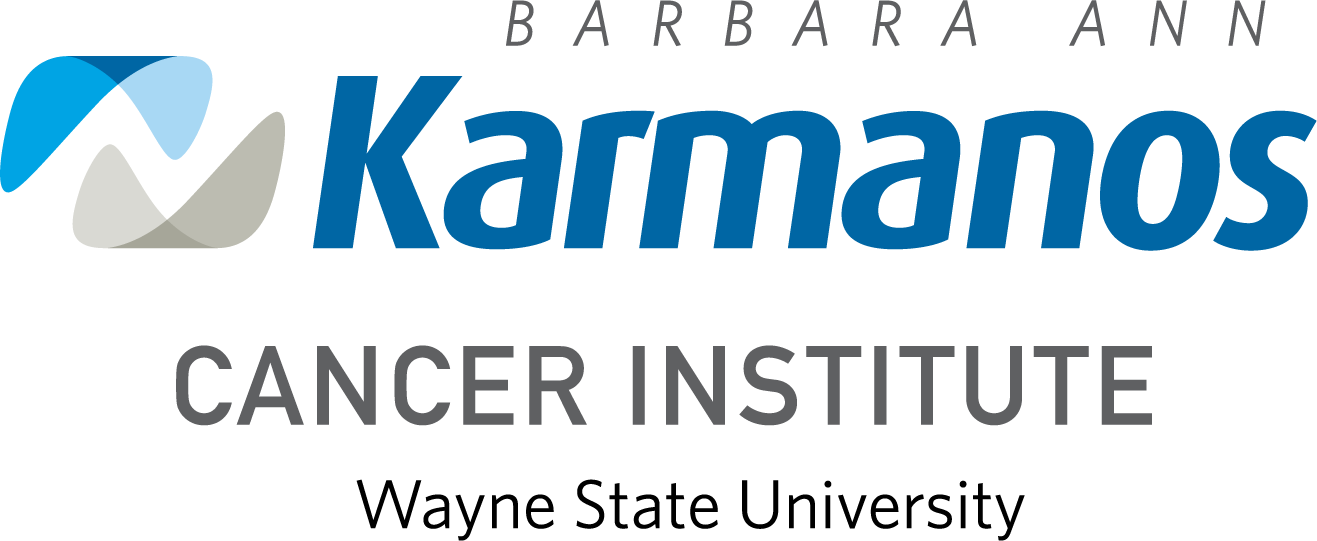
Dr Deol on CAR T-cell Therapy Selection for Patients With Relapsed/Refractory Myeloma

Abhinav Deol, MD, discusses the selection of CAR T-cell therapy for patients with relapsed/refractory multiple myeloma.
Abhinav Deol, MD, physician, Karmanos Cancer Institute, associate professor, Clinical Hematology and Oncology, Wayne State University, discusses the selection of CAR T-cell therapy for patients with relapsed/refractory multiple myeloma.
Currently, 2 CAR T-cell therapies have been approved by the FDA for patients with relapsed/refractory multiple myeloma: idecabtagene vicleucel (ide-cel; Abecma) and ciltacabtagene autoleucel (cilta-cel; Carvykti).
Because these results are from 2 separate studies and the 2 CAR T-cell therapies have not been compared in a head-to-head prospective trial, it is difficult to compare them from an efficacy standpoint, Deol begins. However, when choosing between these 2 products, it is important to note that there is a long waiting list for patients who are eligible and want to receive CAR T-cell therapy, Deol expands. The availability of the manufacturing slots pose issues for both CAR T-cell therapies, and once an oncologist is informed that a manufacturing slot has become available, they will go to their patient list and approach the next patient who is eligible, Deol emphasizes.
There is no clear-cut distinction to separate between one CAR T-cell therapy from the other, Deol notes. The toxicities are similar between ide-cel and cilta-cel, and the response rates for each are closely aligned, Deol says. In the absence of head-to-head data, long-term follow-up data could also provide an indication of the durability of responses for both agents, Deol concludes.




































